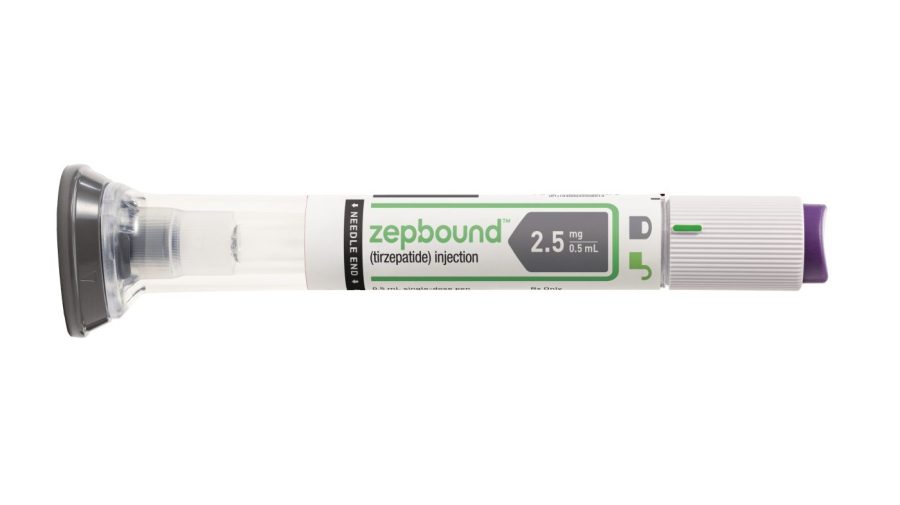After nearly two years, federal regulators announced the shortage of the active ingredient in Mounjaro and Zepbound has been resolved.
Tirzepatide, the active ingredient in the diabetes and obesity medications, was declared in shortage in December 2022. The shortage has been attributed to increased demand as interest in GLP-1 medications has soared.
The Food and Drug Administration (FDA) confirmed in a statement Wednesday that the shortage is now considered to be resolved.
“FDA confirmed with the drug’s manufacturer that their stated product availability and manufacturing capacity can meet the present and projected national demand,” the agency said in a statement. “Patients and prescribers may still see intermittent localized supply disruptions as the products move through the supply chain from the manufacturer and distributors to local pharmacies.”
The drug’s shortage status has allowed for compounded versions, which drug manufacturers have derisively referred to as “copycat” versions, to be sold through clinics and telehealth platforms.
These compounded versions have proliferated online, promising consumers the same active ingredient for a fraction of the cost. While compounding pharmacies are FDA-regulated, the products they sell are not, and obesity specialists have raised concerns about the widespread availability of these drugs.
In its announcement of the shortage ending, the FDA offered some clarification regarding compounded GLP-1 drugs.
“Compounded drugs are not approved by FDA. FDA-approved drugs go through FDA’s rigorous review for safety, effectiveness, and quality as part of the premarket approval process,” the agency said.
There are two types of compounding pharmacies: 503A and 503B. Telehealth platforms use 503B compounding pharmacies to source their compounded GLP-1s.
The FDA reiterated Wednesday that under the Federal Food, Drug and Cosmetic Act, compounded drugs sold by 503B pharmacies “may not be identical or nearly identical to an FDA-approved drug unless the approved drug is on FDA’s drug shortage list.”
With tirzepatide no longer in shortage, the ability of online companies to sell their compounded versions now falls under question. One such platform, Eden, is still selling its compounded tirzepatide as of Wednesday evening. The Hill has reached out to the company for comment.
Eli Lilly, the manufacturer of tirzepatide, has sued medical spas and pharmacies selling compounded versions. The company has previously said it was “deeply concerned about the proliferation of counterfeit, fake, and other unapproved and untested incretin knockoffs.”
In a statement to The Hill, Eli Lilly said it was “grateful for the tireless work of our manufacturing and quality colleagues to safely expand our manufacturing capacity to bring these medicines to people who need them.”
“Today’s update on Mounjaro® and Zepbound® reflects our commitment to providing a steady stream of genuine and safe medicines for those managing type 2 diabetes and obesity,” said Patrik Jonsson, executive vice president of Eli Lilly. “We know many people rely on our medicines, so we invested significantly to expand manufacturing and bring new options to the market, including for those who self-pay for Zepbound® single-dose vials through LillyDirect.”
Updated Oct. 3 at 11:49 a.m. EDT

